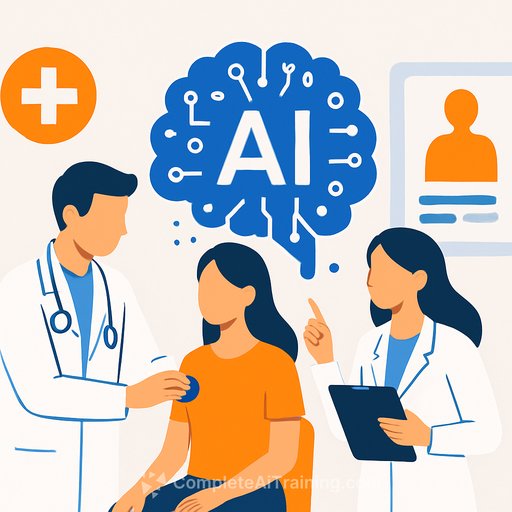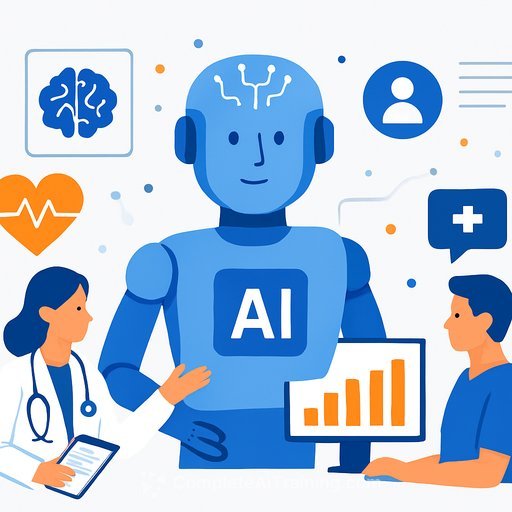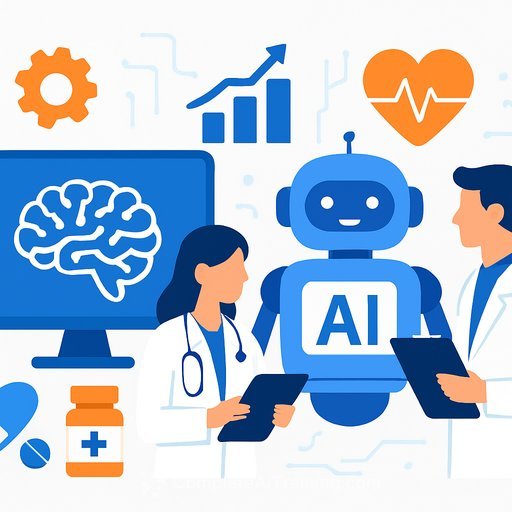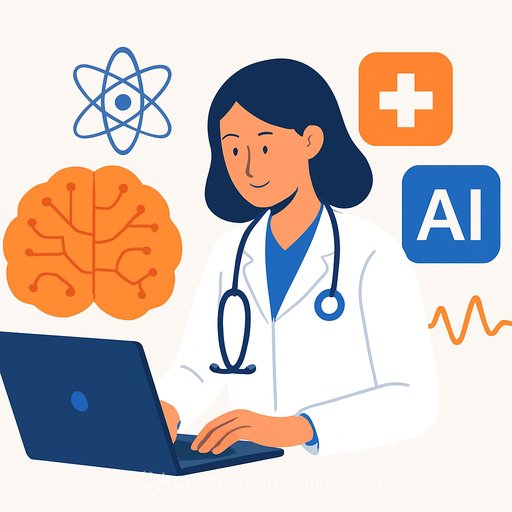Alibaba and Beijing United Family Hospital Join Forces to Apply AI in Cancer Diagnosis and Treatment
Alibaba’s research division, Damo Academy, has partnered with Beijing United Family Hospital (BJU) to implement artificial intelligence in complex cancer diagnosis and treatment. This collaboration centers on utilizing Damo Academy’s AI screening system, One Sweep Multi-Check, which offers multi-disease screening through a single CT scan.
BJU, known for its full-service and international accreditation, will integrate this AI technology to improve the efficiency and reliability of cancer and chronic disease management. According to BJU president Pan Zhongying, the AI system aims to deliver healthcare that is more efficient, dependable, and focused on patient needs.
How One Sweep Multi-Check Works
The AI system analyzes flat computed tomography (CT) scans to detect multiple diseases quickly and at a lower cost than traditional diagnostic methods. This approach addresses the increasing global burden of cancer diagnoses, which the World Health Organization estimates will exceed 35 million annually by 2050.
Besides cancer, this partnership will expand to screening for chronic conditions like osteoporosis and severe fatty liver disease, responding to the healthcare demands of China’s ageing population.
Backing from Regulatory Authorities and Market Potential
Damo Academy recently received expedited FDA approval for its Damo Panda model, a deep learning AI trained on abdominal CT scans of over 3,200 pancreatic cancer patients. The model demonstrated a 34.1% higher sensitivity in detecting pancreatic cancer compared to radiologists, according to a study published in Nature Medicine in 2023.
The Chinese AI healthcare market is projected to reach 97.6 billion yuan (US$13.6 billion) by 2028. Alibaba’s investment in AI technology reflects a strategic focus on enhancing healthcare capabilities using data-driven tools.
The Role of AI in Medical Imaging
AI has increasingly matched or outperformed human experts in medical image analysis. Additionally, AI models can enhance the clarity and diagnostic value of medical images, offering healthcare professionals advanced support in making accurate diagnoses.
Several major Chinese technology firms, including Alibaba, are dedicating resources to develop AI applications specific to healthcare, aiming to improve patient outcomes and operational efficiency.
For healthcare professionals interested in AI’s growing role in medicine, exploring specialized training can be valuable. Courses on AI applications in healthcare and medical imaging are available at Complete AI Training.
Your membership also unlocks:






